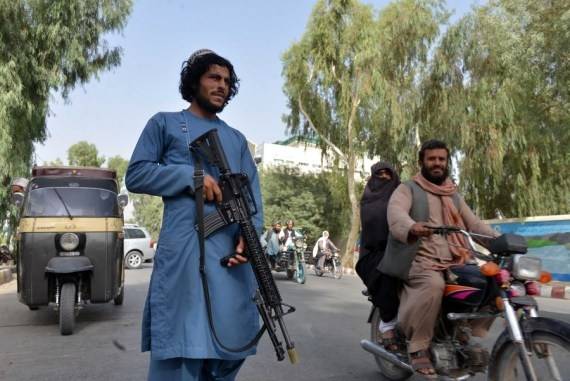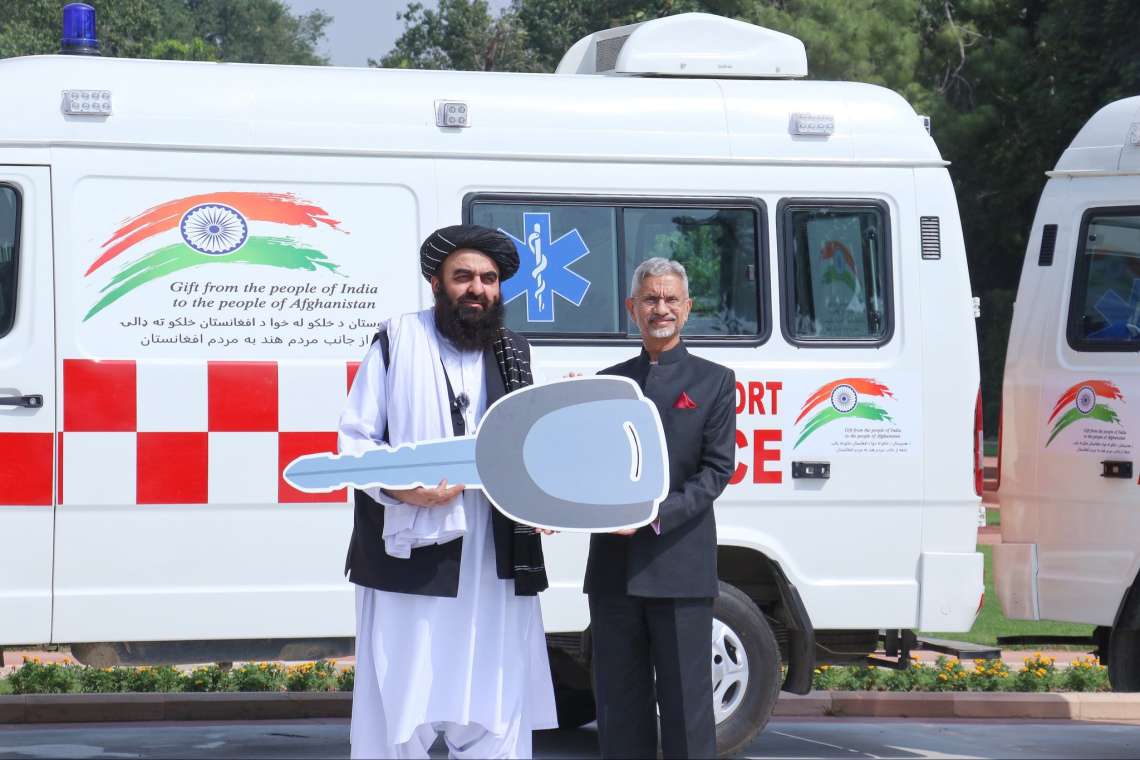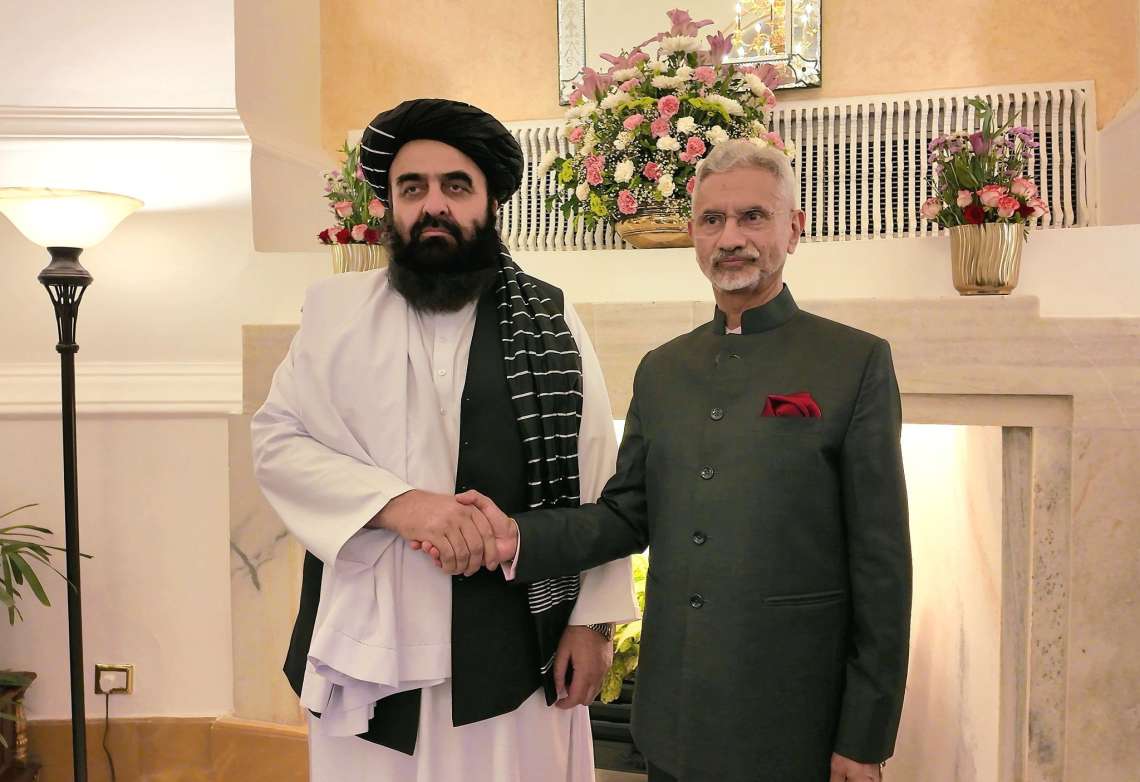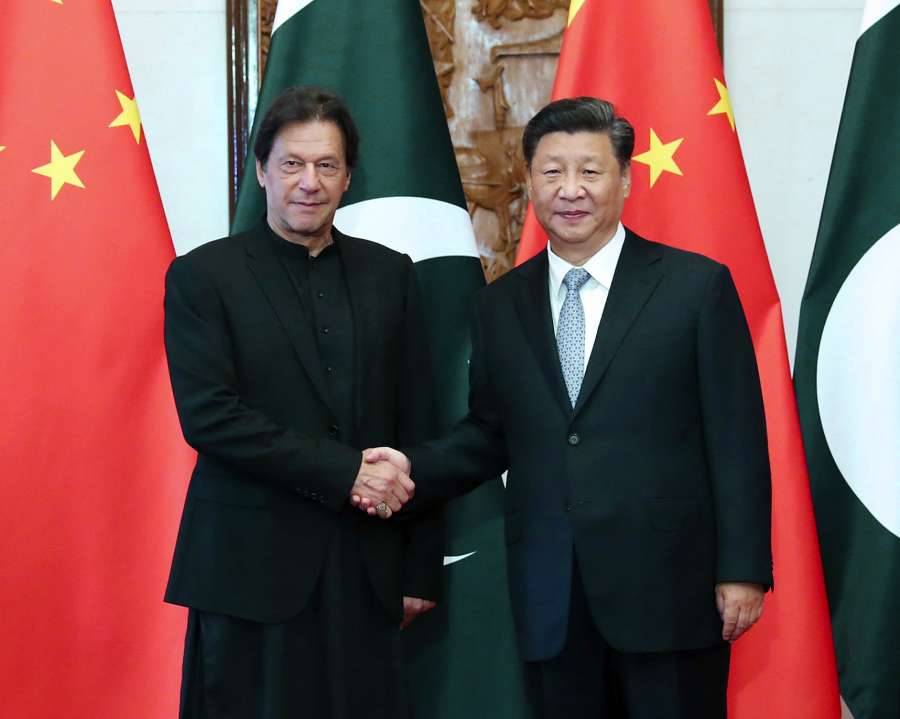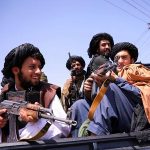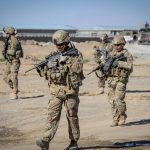Also missing is Gul Agha Ishaqzai, the powerful head of the Taleban finance commission and another close associate both of Mullah Omar and Mansur….reports Sanjeev Sharma
Three Taliban commanders with significant military presence may have been sidelined because of their fraught relationship with Pakistan.
Other commanders with significant military presence, who might have been expected to get cabinet positions, are not represented at all, said Martine van Bijlert of Afghanistan Analysts Network.
In particular, two major commanders from the south, Sadr Ibrahim, head of the military commission for the western zone and a close associate of the previous supreme leader, Mullah Akhtar Muhammad Mansur, who had taken the interior ministry after the Taleban captured Kabul on August 15, and Qayyum Zakir, head of the military commission for the eastern zone, who had taken defence, do not have posts in the new cabinet.
Also missing is Gul Agha Ishaqzai, the powerful head of the Taleban finance commission and another close associate both of Mullah Omar and Mansur.
“They may have lost out in the complicated regional and tribal balancing act or became sidelined because of their fraught relationship with Pakistan,” Bijlert said.
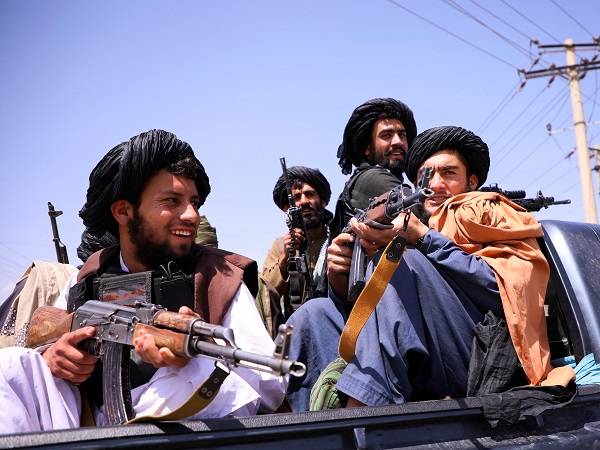
These three men remain, for now, in the leadership council, which is expected to carry on as the major Taleban decision-making body and where a number of the new ministers and vice ministers will probably also keep their membership. This suggests there may be parallel decision-making, i.e., not just in the cabinet, but also in the still-existing leadership council.
Abdul Ghani Baradar was one of three deputies to the Taleban’s Amir ul-Muminen (commander of the believers) Hibatullah Akhundzada and appears to have lost out in this round of appointments, given that the other two deputies – Mullah Muhammad Yaqub and Mullah Serajuddin Haqqani – gained far more powerful positions as acting ministers of defence and interior, respectively.
Yaqub, the son of late Taleban leader Mullah Omar, and Serajuddin Haqqani of the eponymous Haqqani network, represent two major military networks within the Taleban movement, Bijlert said.
Having so many officially appointed leaders who are on international sanctions lists hugely complicates the new government’s chances of receiving international aid and interacting with other governments, Bijlert added.
There has been no formal proclamation of a second Islamic Emirate, no announcement that the Amir ul-Muminen, Mullah Hibatullah Akhundzada, was head of state, nor that the Islamic Republic had been formally abolished.
The omission of any mention of either Mullah Hibatullah’s name or position in the formal statement was glaring (even though later a policy document was released in his name).
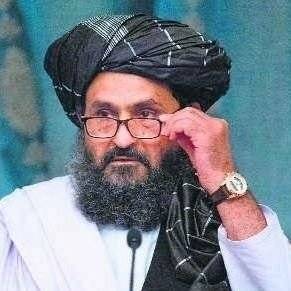
“There is, as a result, still little clarity as to whether he is indeed alive or capable of appearing in public. Some of his supporters have suggested that this elusiveness is a sign of his reluctance to appear or be photographed unnecessarily,” Bijlert added.
Yet, even Mullah Omar, when in power, although not filmed or photographed, gave radio statements and interviews and met foreign officials.
It would be strange, therefore, if Hibatullah, now that the movement is in power, were alive and still so secluded. For the moment, he appears to function as a symbolic figurehead who can unify without actually appearing or speaking (as was also the case for Mullah Omar, who continued to be cited as supreme leader for two years after he had died), Bijlert said.
The celebratory filing in Kabul on September 3, it is very well possible that, whatever the reason given, the firing was instigated as a sign of strength or implied threat, for instance, by the Haqqanis then responsible for Kabul’s security – particularly, since celebratory shooting had been banned after its first instance on 31 August, but apparently no efforts were made to curb it, Bijlert said.
The next day there were widespread rumours that Mullah Baradar and Anas Haqqani had physically fought in the presidential palace, or alternatively that their forces had been involved in a shootout. Rumours that Baradar (or both Baradar and Anas) had been injured and hospitalised were dispelled when he appeared in public the next day.


